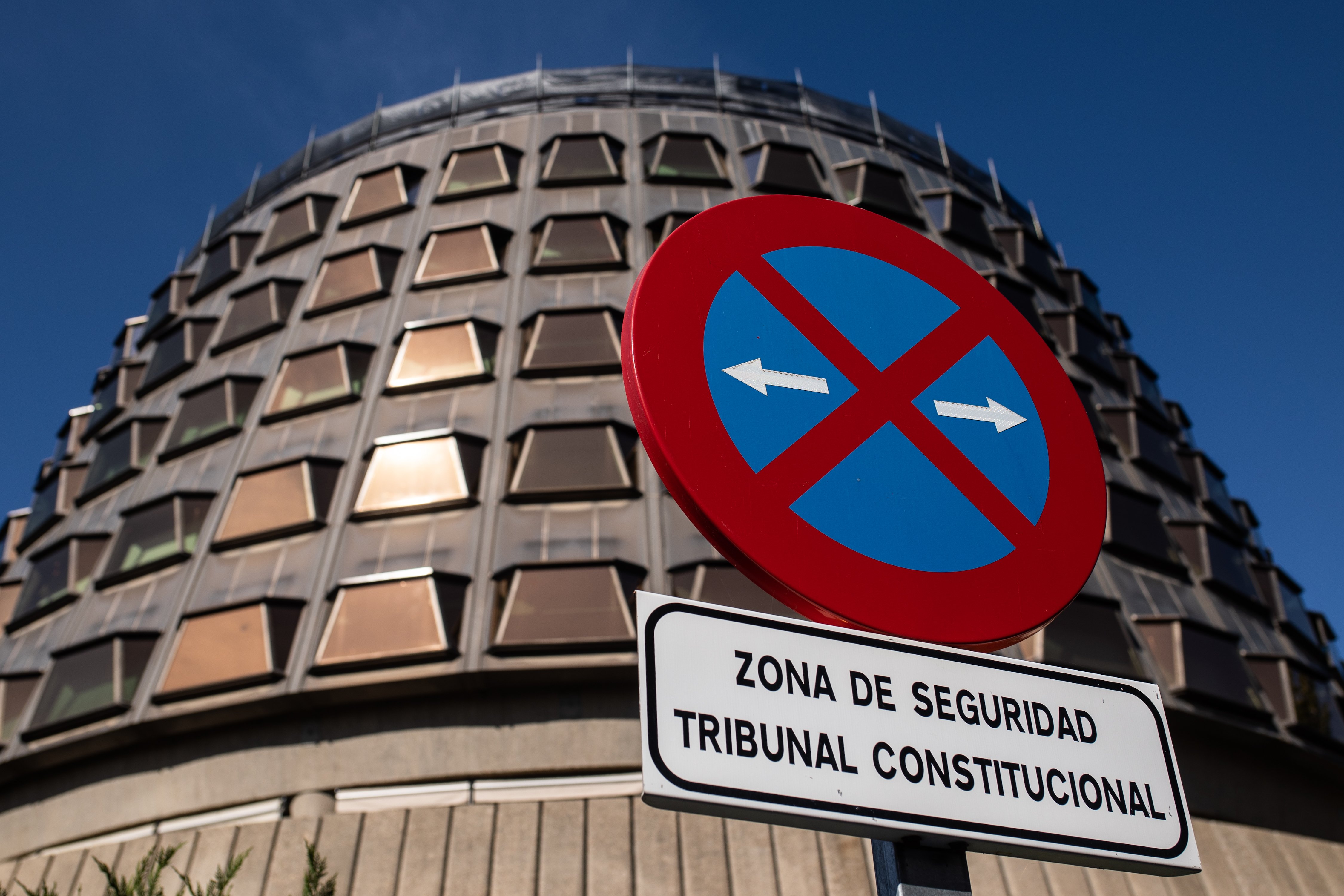The Spanish Constitutional Court has warned the lower house of the country's legislature, the Congress of Deputies, that the court can "limit" its action of the legislative chamber and that it does not have "immunity" in its actions. It has also positioned itself as the guarantor of the Constitution. It made these statements as part of the ruling on the decision to suspend the parliamentary process of the bill for the court's reform, a decision taken after a request for an injunction made by MPs of the opposition People's Party. The ruling was passed by a majority of one: it has the support of the six votes from the conservative bloc on the court and the opposition of the five so-called progressives, who registered a minority opinion.
"The express will of the constituent places the Constitutional Court as the ultimate guarantor of the constitutionally-established balance of powers, and therefore includes the possibility of limiting the ability of the legislator to act when it surpasses its constitutional limits" says the interlocutory. The contrary to this, it warns, would mean "admitting an area immune to constitutional control". "In a state of law, scrupulous respect for the rules that govern the procedures, including of course legislative procedures, cannot be waived, because all public powers are subject to the Constitution and the rest of the legal order", it adds, and asserts that "every decision of the power [...], without exception", is subject to the Constitution, "without there being, for public power, spaces free of the Constitution or areas of immunity from it".
The court ruling also criticizes the method used by the PSOE-Unidas Podemos government to force the renewal of the Constitutional Court and points out that it put "political pluralism" at risk, by preventing de facto the opposition from having a say in the processing of the legal change. It was the first time, in its more than 40-year history, that the Constitutional Court has ordered the urgent suspension of a parliamentary debate in the Spanish parliament, although on several occasions it has prevented debates in the Parliament of Catalonia in recent years.
In this case, the court concluded that the progress of the parliamentary processing of the amendments to the laws caused damage that would be difficult to repair to the PP legislators, who invoked Article 23 of the Constitution, which includes the right to political participation of citizens through their representatives.
The minority opinion: an "overwhelmed" court
In the minority opinion presented by the so-called progressives among the judges, an opposing view is given, with the text pointing out that the Constitutional Court has no powers to stop a parliamentary debate. "The Constitutional Court has competences that are measured, and, as a jurisdictional body, it always decides using the coverage of its regulatory law and the doctrine it has created in the interpretation of the Constitution. In this case, the suspension of the legislative procedure in the upper chamber and the suspension of the processing and approval of the amendments does not have any legal provision so that a protection process could have been agreed upon", it indicates. As a conclusion, it considers that the limits of constitutional justice, based on the a posteriori control of laws, were "overstepped" and "the Constitutional Court became an arbiter of legislative processes, denaturalizing the foundations of parliamentary democracy ".

